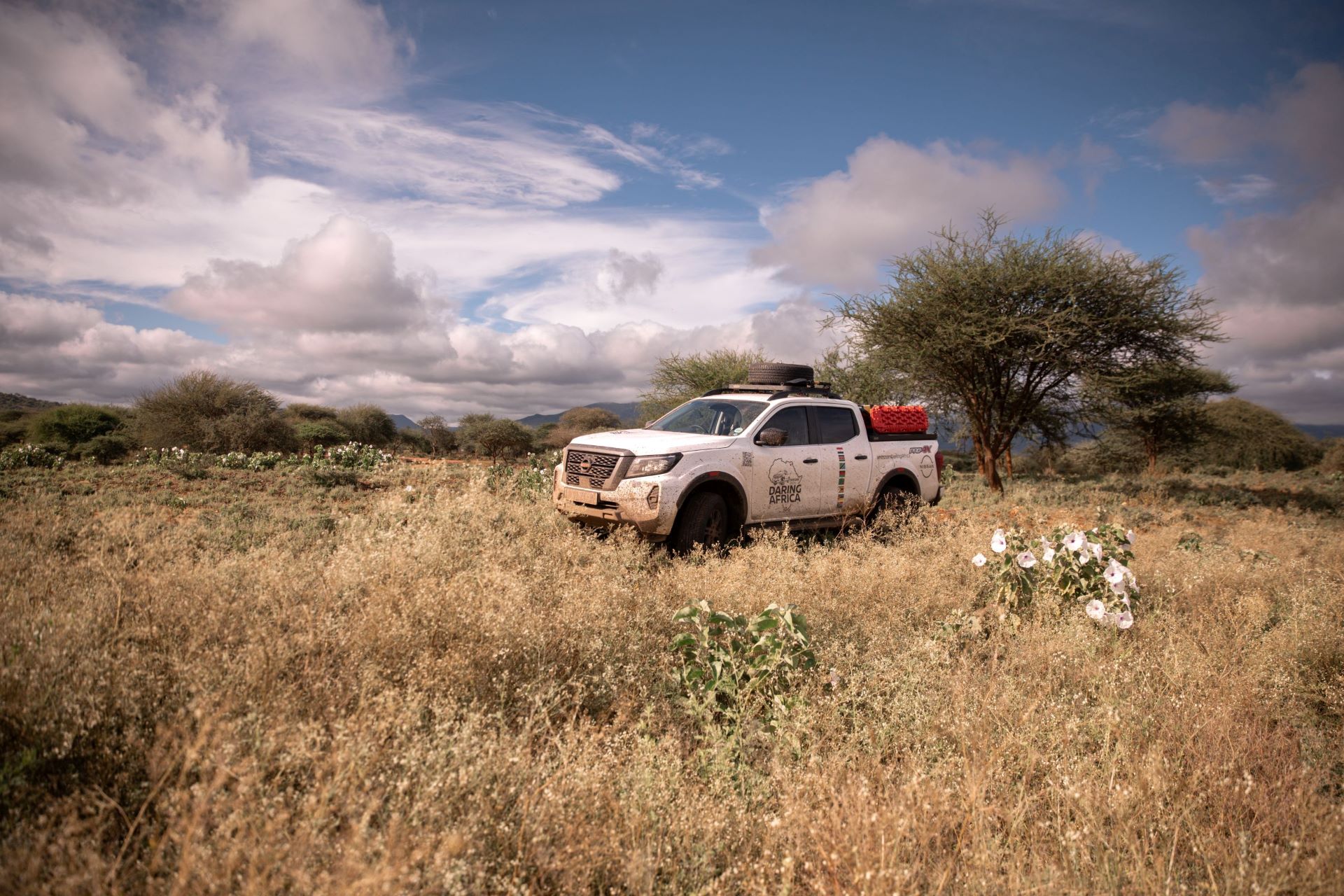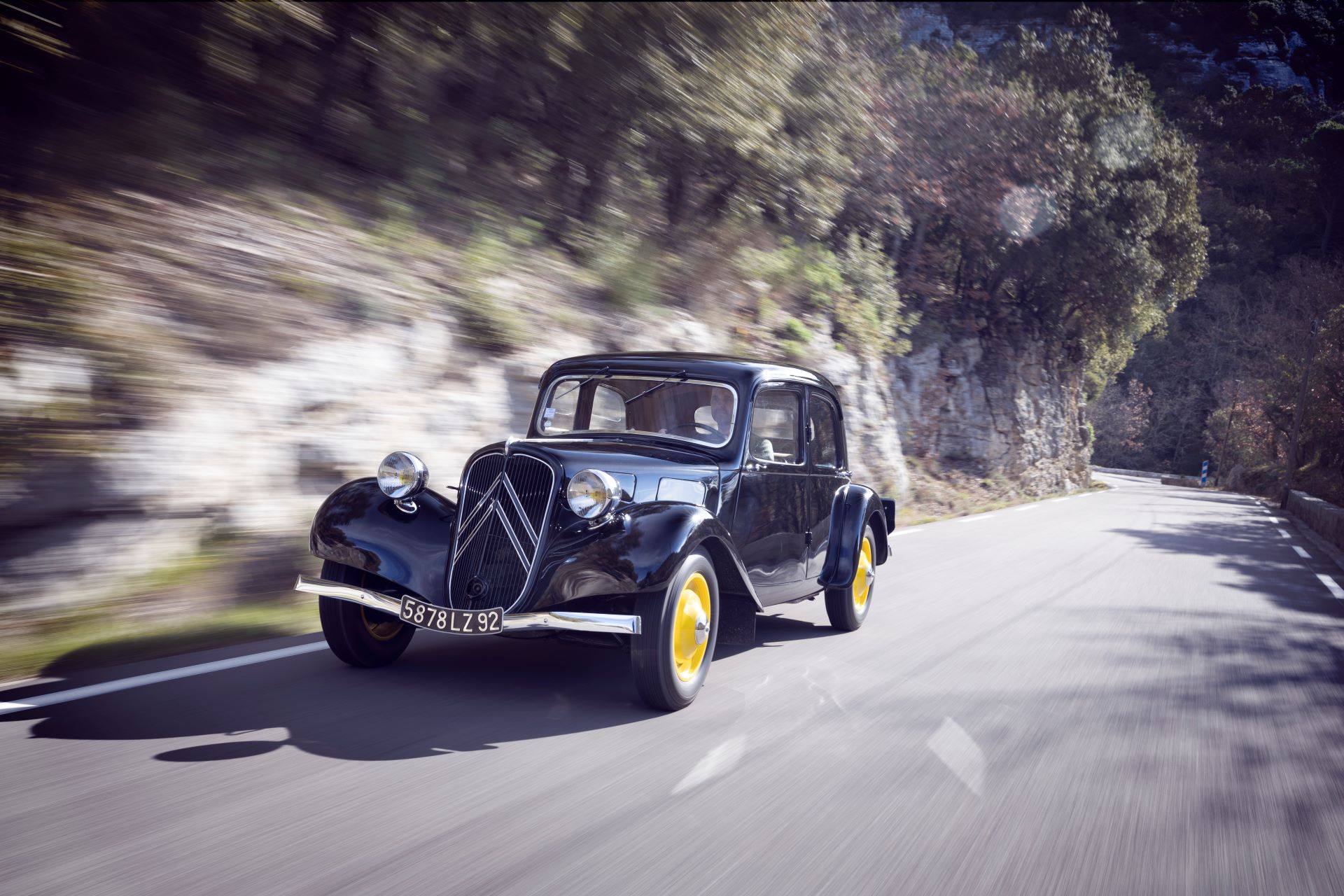Renault is adopting the same innovative approach to the issue of the environmental impact of the car as it has in the areas of design, safety and technological advancement. As part of the Company’s “Renault Commitment 2009”, it has ambitious plans to reduce greenhouse gas emissions across its entire range.
The plan embodies three specific targets:
Firstly, to be one of the world’s three most efficient car manufacturers in terms of CO² emissions and fuel consumption across its model range. Through its “120/140” plan, by 2008 Renault aims to be selling one million vehicles that emit less than 140g of CO2 per kilometre, with one-third of those emitting less than 120g.
Secondly, the Company intends to offer a range of models powered by biofuels such as bioethanol and biodiesel. By 2009, 50 percent of petrol-engined Renault models marketed in Europe will be able to operate on petrol/ethanol fuel blends. Furthermore, all the brand’s diesel-engined vehicles will, within the same timeframe, be able to run on fuel that is 30 percent biodiesel.
Thirdly, Renault intends to develop a wide range of alternative vehicle technologies. In conjunction with Alliance partner Nissan, the Company is already developing hybrid-, electric- and fuel cell powered vehicles.
As an example of the progress Renault has already made in lowering fuel consumption and CO² emissions, consider the following example: In 1993 a 70 kW 1.9 DT Renault 19 could travel the 748 kilometres between Paris and Montpellier, consuming 6,5 l/100 km of fuel with CO² emissions of 172 g/km. By 2000, a 1.9 dTi 75 kW Mégane could get all the way from Paris to Monaco – a distance of 960 kilometres, averaging 5,2 l/100 km and emitting 138 g/km of CO². Today, a full tank will take a 1.5 dCi 78 kW Mégane the 1 110 kilometres from Paris to Venice, and consume just 4,5 l/100 km and emit only 120 g/km of CO² in the process.
Renault’s latest petrol engine, the 100 TCE, exemplifies the Company’s expertise when it comes to producing economical, fuel-efficient powerplants. Delivering the 75 kW output of a 1.4-litre engine and the 145 Nm of torque more usually associated with a 1.6-litre engine, this diminutive 1.2-litre powerhouse records combined cycle fuel consumption figures of 5,9 litres/100 km and CO² emissions of 140 g/km when fitted to Clio and Modus.
When it comes to diesel engines, the 60 kW 1.5 dCi engine in the Clio emits 126 g of CO² per kilometer. The 2.0 dCi 130 kW engine fitted to the Laguna provides a near-perfect balance between performance and fuel efficiency, with combined cycle fuel consumption of 6,0 l/100km, and power and torque to spare.
The optimization of conventional petrol and diesel powerplants remains one of the most economical ways of controlling greenhouse gas emissions. Renault is already one of the three most efficient car manufacturers in terms of CO² emissions and fuel consumption. In 2005 one in five Renaults sold in Europe emitted less than 120g/km of CO².
Within the next two years, Renault will offer cars and commercial vehicles in Europe that can run on ethanol blends, biodiesel and other biofuels.
Renault considers biofuels to be one of the most efficient and economical solutions for curbing CO² emissions in the medium term. Produced from vegetable matter and biomass, they are a renewable, diversified energy source that will help limit dependence on fossil fuels. An additional advantage is that biofuels can usually be made from locally available resources.
Various types of biofuels are proposed. Bioethanol, for instance, is made by fermenting and distilling biomass (plant matter such as wheat and beetroot in Europe, sugar cane in Brazil or corn in the USA). Bioethanol can then be mixed with petrol in varying proportions: A five percent blend is known as E5, 10 percent as E10 and 85 per cent as E85. Flex-fuel vehicles like the Clio 1.6 16V Hi-Flex developed for Brazil can run on pure bioethanol.
Biodiesel is an alkyl ester derived from vegetable oil. It is produced from oleaginous (oily) crops and plants (primarily rapeseed and sunflowers in Europe, and also soya and palm oil in other parts of the world). Through a chemical process known as transesterification, vegetable oil reacts with methanol to produce biodiesel, which can then be mixed with diesel. When mixed in this manner at ratio of 30 percent, the resulting biodiesel is called B30.
Synthetic biodiesel is produced by the Fischer Tropsch chemical process from gas, coal
or biomass. Renault is working on second-generation biofuels as part of the Alliance for Synthetic Fuels in Europe (ASFE) with a number of other motor manufacturers and oil companies.
A more thorough appreciation of the advantages of biofuels over current fossil fuels in reducing CO² emissions can be gleaned by making what Renault refers to as a well-to-wheel analysis. Such analysis rates the efficiency of a fuel by calculating the CO² emissions involved from its production to when it is burnt in a vehicle.
Fossil fuels are responsible for CO² emissions during drilling and refining, when they are transported and when a vehicle burns them. As biofuels originate from biomass, i.e. plants, which are grown to produce them, the CO² absorbed by the plants as they grow (a process known as photosynthesis) is subtracted from the biofuel’s total CO² emissions. Because biofuels can be made from locally available biological matter, there is much less needed to transport them to distribution facilities by road or sea, which reduces associated CO² emissions still further. Total CO² emissions produced during the biofuel manufacturing process are much lower than for conventional fossil fuels.
Depending on the material used to produce them, some biofuels can produce overall reductions in CO² emissions of up 70 percent compared to a petrol engine.
An important part of Renault’s “Commitment 2009” is the development of alternative propulsion technologies, one of which is the hydrogen fuel cell.
Renault proposes to conducts tests in France on vehicles powered by fuel cells, focusing in particular on the fuel cell with reformer. As part of the Alliance with Nissan and its partnership with Nuvera Fuel Cells, Renault has been working on this concept since 2002. This technology produces hydrogen as it is required, as a solution to the problem of high-pressure or cryogenic storage of large volumes of hydrogen gas aboard the vehicle.
An additional advantage of the fuel cell with reformer is that it would not be dependent on a hydrogen distribution network already being in place.
In essence, a vehicle powered by a fuel cell with reformer will contain the following components:
A reformer, which transforms the liquid fuel into reformate, a gas very rich in hydrogen that is useable by the fuel cell; a fuel cell stack, which produces electricity by combining hydrogen and oxygen in an electrochemical reaction whose only by-product is water (the water is then returned to the reformer, which needs water to operate); an electric motor, which is powered by the electricity which the fuel cells produce once the power converter has converted it to the required voltage; and a multifuel tank – the reformer can also function on petrol, diesel, and ethanol, and the tank has therefore been designed to accommodate different types of fuel. This allows motorists to choose from a variety of fuels based on availability or price.
Renault’s approach to tackling the vexed issue of vehicle emissions, while maintaining cognisance of the paramount importance of transport to the world economy, represents a holistic attitude characterised by the application of science and technology in a balanced manner.
For more information, kindly contact Renault South Africa’s Communications Department:
Cecilia Maartens
Vice President: Communications
Tel : +27 11 607 7406
Cell : +27 82 455 9327
Hanlie du Preez
Media Relations Manager
Tel : +27 11 607 7306
Cell : +27 72 942 5511


